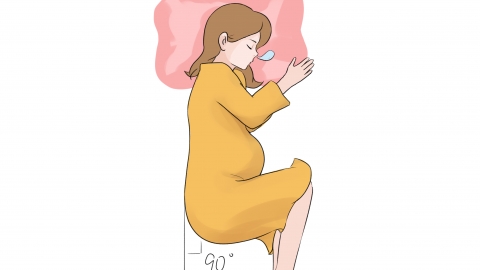What does the term "postpartum period" mean?
Generally, the puerperium refers to the period from the delivery of the placenta until the mother's organs, except for the mammary glands, recover to their normal non-pregnant state. This period usually lasts about 6 weeks. A detailed explanation is as follows:

The puerperium is an important period for the mother's physical recovery. During pregnancy, various organ systems in the mother's body undergo a series of physiological changes to adapt to fetal growth and development as well as the needs of delivery. After childbirth, these organs gradually return to their pre-pregnancy state. For example, the uterus gradually contracts and recovers postpartum, returning to its pre-pregnancy condition; regarding the circulatory system, the increased blood volume during pregnancy gradually returns to normal after delivery, and various physiological and pathological conditions may occur during this time. The puerperium is also the period of lactation, during which the mother adapts to the process of breastfeeding.
It is important to rest adequately, ensure sufficient sleep, and avoid excessive fatigue, as the mother's body is weak after childbirth, and adequate rest helps physical recovery. At the same time, maintaining perineal hygiene to prevent puerperal infections is essential. The perineal area should be washed daily with warm water, and sanitary pads and underwear should be changed frequently.





